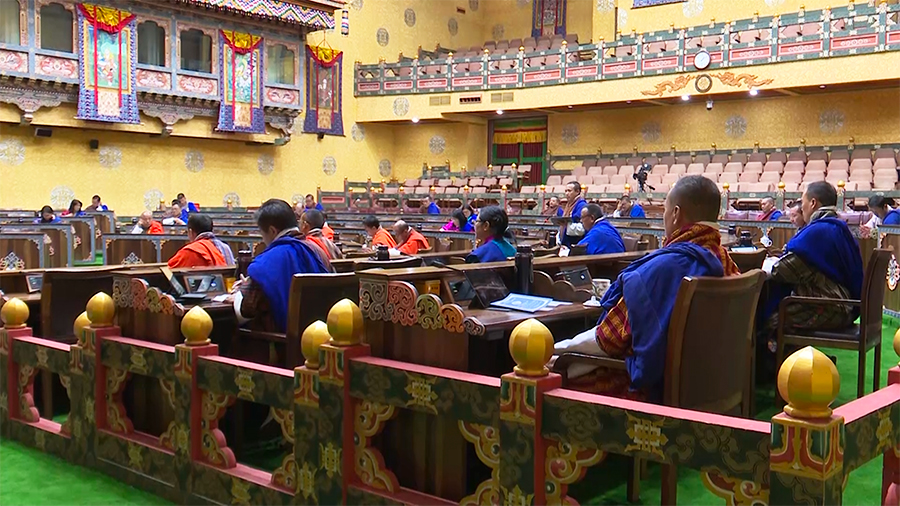
Parliamentarians are now calling for a more systematic and dependable data collection methodology. They say the mismatch in reported figures from different institutions is giving rise to uncertainty among policymakers. This was highlighted during the National Assembly session yesterday, with the members urging agencies concerned to maintain the accuracy and reliability of economic data.
The session emphasized the discrepancies in the national statistics data. The members discussed how inaccurate data could potentially lead to misguided policy decisions and hinder the nation’s progress.
“We are seeing two different data in two different reports, and we do not know which one to believe. Even for the data published for September 2024, according to NSB, inflation is projected to increase from 4.1 per cent to 5.1 per cent. But according to the data published by the Asian Development Bank, it is projected to increase from 4.3 per cent to 4.4 per cent,” said Bongo Chapchha MP Tshewang Lhamo.
Bartsham-Shongphu’s Member of Parliament Passang Dorji questioned the reliability of the data currently available on Bhutan’s self-sufficiency in crucial food commodities.
“As per the NSB, Bhutan’s self-sufficiency in vegetables stands at approximately 82 per cent, while cereal self-sufficiency languishes at a mere 37 per cent. However, the reliability of these statistics remains uncertain. Presently, the government relies on estimations provided by local government leaders for data collection on cereals and vegetables, casting doubt on the accuracy of these numbers,” he said.
The livestock and agriculture minister also highlighted the broader implications of data inaccuracies.
“If we continue collecting data based on estimates provided by local government leaders, such as Tshogpas, it not only poses an obstacle to our nation’s developmental objectives but also affects the efforts aimed at securing Bhutan’s food security,” said Lyonpo Yeshey Penjor.
Finance Minister Namgay Tshering said that the National Statistics Bureau has been directed to further improve the calculation methodology of inflation to reflect the country’s economic reality.
“As decided in the parliament last time, the NSB said that they made the necessary changes and reviews related to data collection regarding inflation,” said the finance minister.
The National Assembly called upon the relevant stakeholders to take note of the concerns raised and seek solutions to address them.
Karma Samten Wangda
Edited by Kipchu









